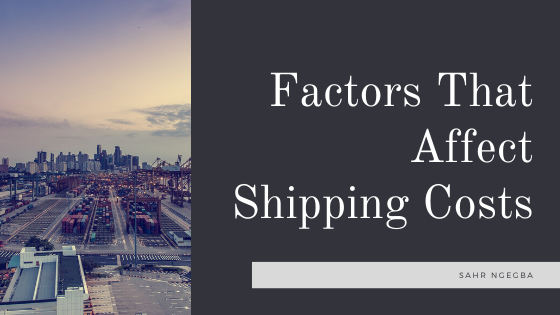The shipping industry does a commendable job of sustaining global commerce through the seamless flow of goods across the continents. Businesses, including manufacturers, wholesalers, and retailers, depend on the seamless functionality of the shipping industry to maintain operations. The freight costs associated with sustaining operations within the shipping industry vary depending on a number of economic and political factors.
Cost of Fuel
The primary factor that determines how much it costs to transport cargo across the oceans is the cost of fuel. When the cost of fuel goes up, shipping companies have to raise their tariffs in order to cushion themselves from making losses. Fuel prices are, in turn, affected by a number of other political and oil exploration factors.
Cost of Labor
Labor is an important factor that determines the cost of shipping cargo across the world. The labor costs associated with sustaining operations in the shipping industry include the wages of shipping yard operators as well as other personnel who sustain operations at logistics companies.
Demand for Services
Demand is one of the important factors that influence the cost of freight in the shipping industry. When the demand is high, then shipping companies have to charge their services at a premium price. When demand goes low, the shipping companies are forced to offer competitive and discounted prices in order to attract and retain customers.
Geopolitical Activities
Politics also has a huge role to play in determining how much freight costs you have to pay. In cases of constraints in international relations between different countries, affected companies may be restricted in terms of accessing certain international shipping routes. For example, the poor relations between the US and China, as a result of the tariff wars, may slightly affect the flow of goods between the two continents, thereby shaking the cost of shipping.
Cargo Characteristics
Another of the important factors that influence freight shipping rates today is the kind of cargo being transported. Bulky and regularly shaped cargoes often attract a premium charge while small-sized and compact cargoes can easily attract a fair price. Other kinds of cargo that are specially priced include flammable, toxic, and other cargo whose transportation requires special care and a special kind of containment.

